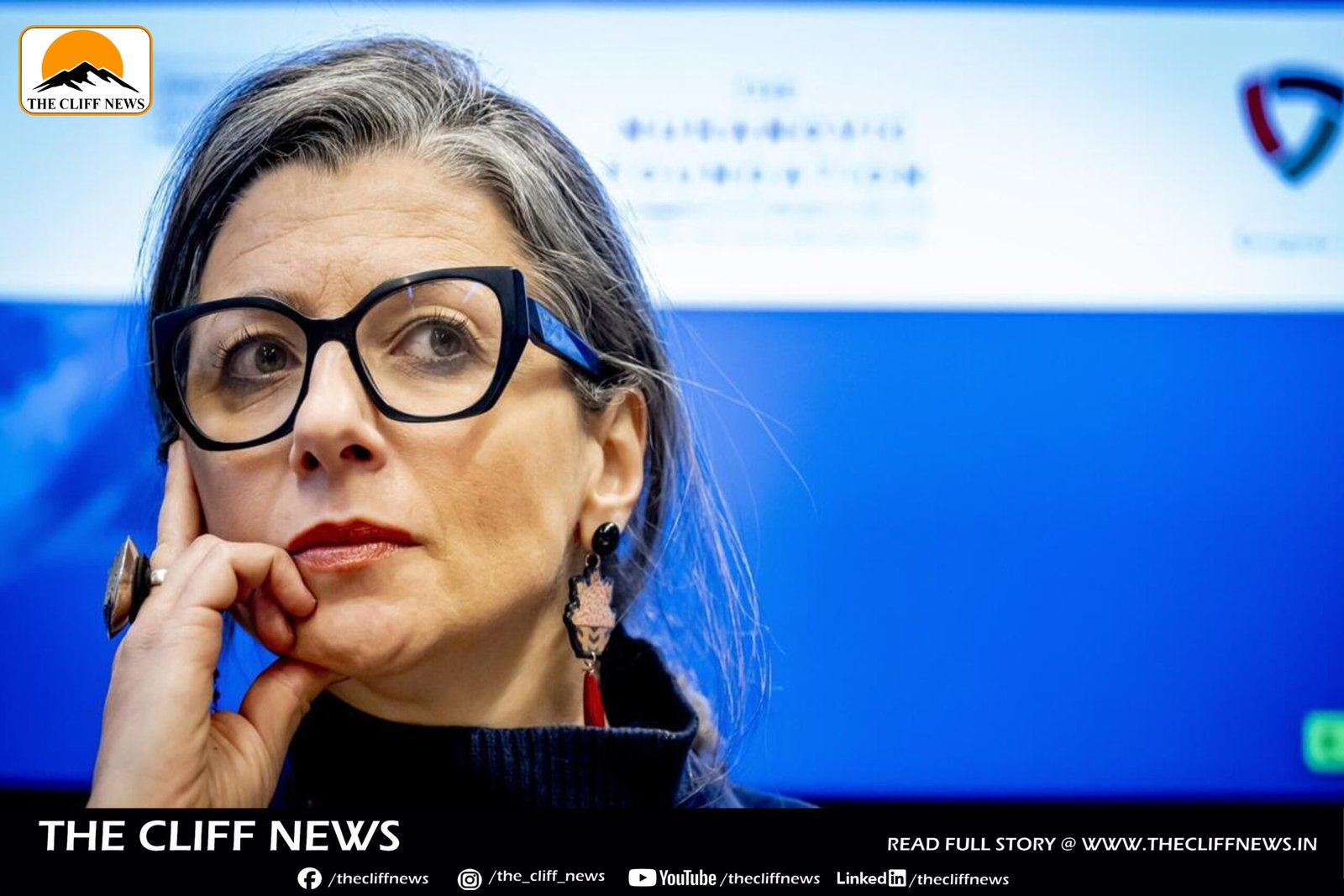In a controversial move, the Trump administration on Wednesday announced sanctions against Francesca Albanese, the UN Special Rapporteur for human rights in the Palestinian territories, accusing her of waging a “campaign of political and economic warfare” against the United States and Israel. The decision, made under the State Department’s authority, comes as the latest escalation in Washington’s effort to shield its ally Israel from mounting international criticism over its ongoing military campaign in Gaza.
Albanese, an Italian human rights lawyer, has been one of the most outspoken international voices condemning Israel’s actions in Gaza, frequently describing the offensive as a “genocide” and urging countries to impose sanctions on Israel. Her stance has been supported by various genocide scholars, legal experts, and human rights organisations, though strongly denied by both Israel and the U.S.
In a statement on X (formerly Twitter), Secretary of State Marco Rubio said:
“Albanese’s campaign of political and economic warfare against the United States and Israel will no longer be tolerated. We will always stand by our partners in their right to self-defense.”
Albanese responded on social media by reaffirming her commitment to justice, stating she stood “firmly and convincingly on the side of justice.” In a message to Al Jazeera, she dismissed the sanctions as “mafia style intimidation techniques.”
Context of the Sanctions
The move follows months of behind-the-scenes pressure by the U.S. to have Albanese removed from her post at the United Nations—an effort that reportedly failed. Albanese has recently:
- Called for international sanctions on Israel,
- Supported ICC indictments against Israeli leaders including Prime Minister Benjamin Netanyahu,
- Published reports naming U.S.-based companies allegedly complicit in Israel’s occupation and warfare in Gaza.
Her reports have also gained traction amid genocide allegations filed against Israel at the International Court of Justice (ICJ) and war crimes investigations at the International Criminal Court (ICC).
Global Backlash Against U.S. Move
The U.S. sanctions against Albanese have drawn strong criticism from international rights groups and legal experts:
- Amnesty International condemned the move, with Secretary General Agnes Callamard calling it a “direct attack on the independence of UN experts”, and urged governments to “mitigate and block the effect of the sanctions.”
- Dylan Williams, vice president of the Center for International Policy, labeled the move “rogue state behavior.”
Critics argue the action undermines the integrity of international institutions and represents an alarming attempt to silence dissenting voices in global governance.
Part of a Wider Crackdown
This latest step is part of a broader pattern by the Trump administration to suppress pro-Palestinian sentiment. Earlier this year, the administration began arresting and deporting university faculty and students in the U.S. who participated in pro-Palestinian demonstrations.
Background: The War in Gaza
The war began on October 7, 2023, when Hamas-led militants killed nearly 1,200 Israelis and took 251 hostages. In response, Israel launched a massive military campaign in Gaza, which, according to the Gaza health ministry, has killed more than 57,000 Palestinians, a majority of them women and children. The actual civilian toll is believed to be much higher.
Albanese has consistently framed the Israeli campaign as not just disproportionate, but part of a deliberate strategy of ethnic cleansing, a claim that has sparked fierce debate in international legal and diplomatic circles.
The situation marks an unprecedented moment in international diplomacy—where a UN official has been sanctioned by a permanent member of the Security Council, raising serious concerns over the future independence of UN human rights mechanisms.



